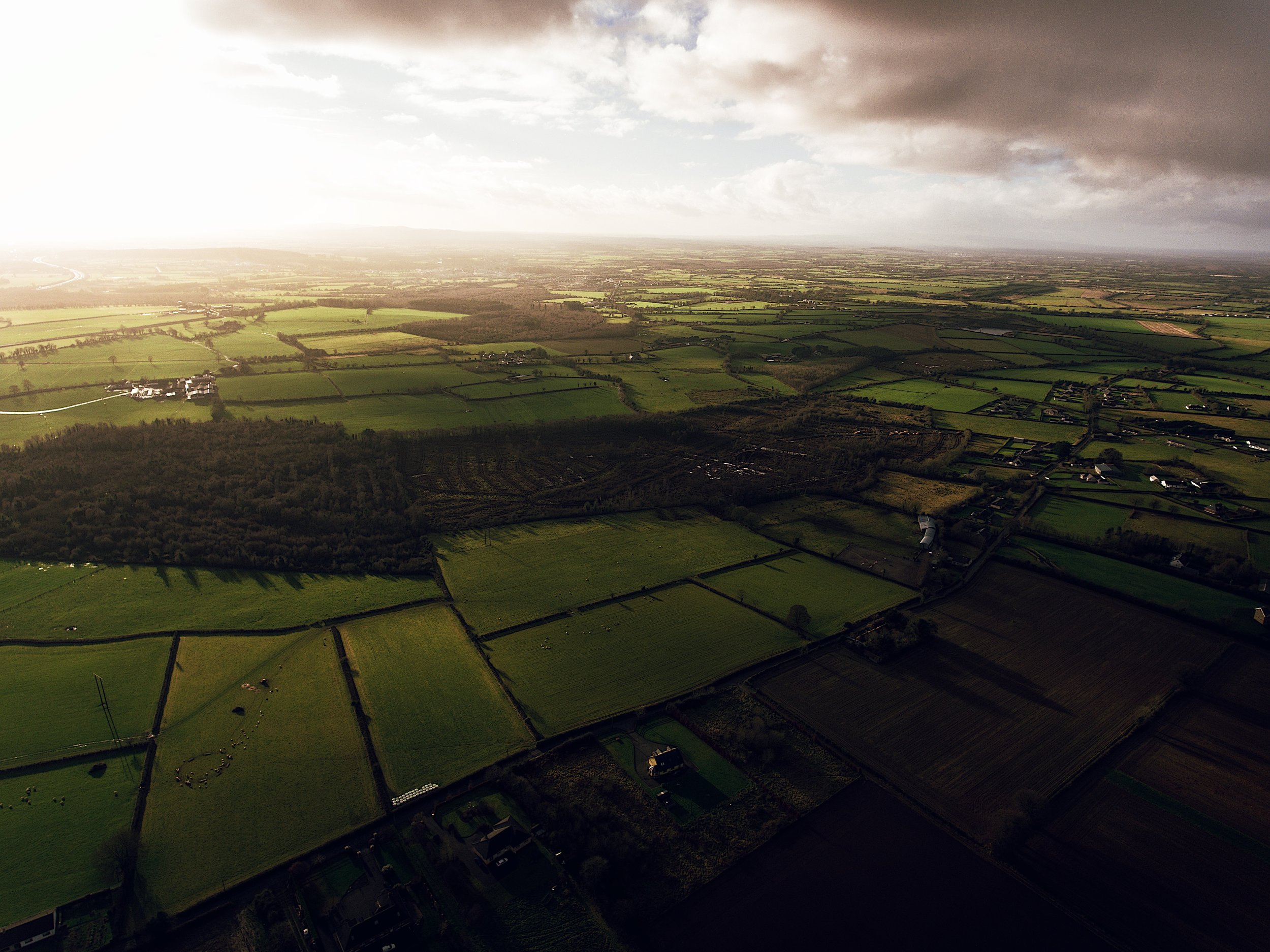A COMPELLING MISSION
Everything we do at Iron Works Church is driven by our mission: to follow the way of Jesus for the Good of West Chester. Every single thing we do - from our worship gatherings to community groups - is all about extending the freedom of the Gospel to this place that God loves so much. And we want to invite you to join us in that vital mission this year.
It is amazing to see what God has done in our midst this past year, here’s a quick list:
We’ve doubled our community groups, multiplying from 2 to 4 this past September,
We’ve started a second Kids Church Class,
We’ve seen our ministry teams grow, doubling this year, as we now have 36 volunteers serving on one of our teams,
We’ve developed a partnership with the Peacemakers Counseling Center, as they’ve opened a Borough office that is hosted at the 3rd Place,
We recently concluded our second Intro to Iron Works class, with 17 individuals discerning church membership.
We want to end 2018 as strongly as possible, so that in 2019 we are able to fund our Community Outreach by hiring a Community Outreach Director and seed our Basement Renovation Fund. Our 2018 Christmas Offering Goal is $10,000.
A STRATEGIC OPPORTUNITY
This coming Advent season, some generous partners at Iron Works Church are making your investment in our mission even more strategic: all new or increased giving commitments to Iron Works Church for this ministry year will be matched up to $7,000!
Simply, this means that if you make the commitment to begin giving to Iron Works Church, or increase your giving to Iron Works, your investment will go twice as far!
So if you’ve never given to Iron Works, we ask and invite you to give for the very first time and prayerfully consider giving regularly.
Perhaps you do give regularly, so to you we invite you to give beyond your regular giving. Perhaps this is from a bonus you’re getting, from savings, or from something you’ve realized you don’t need.
You can give online, or you can write a check and write ‘Christmas Offering’ in the memo line. The offering will be taken up every Sunday in Advent; you could also give online, via our giving portal, but be sure to designate “Christmas Offering” from the ‘give to’ dropdown menu.
Please utilize this link to communicate your commitment to increase your giving for 2019 over your giving in 2018. Again, both increased giving commitments and new giving will be matched up to $7,000.
TO TANGIBLY DEMONSTRATE THE LOVE OF JESUS
We hope you’re excited about this opportunity, finishing 2018 strong means we can grow and expand our ministry in very encouraging ways. The next chapter in the life of Iron Works in following the way of Jesus for the good of West Chester will require us to tangibly demonstrate Christ’s loving care for our neighbors. By hiring a Community Outreach Director, we will be able to help the church fulfill her mission. By seeding our Basement Renovation Fund, we will be saving up to create a hospitable space for kids church, church-family meals, and other neighboring needs.




















